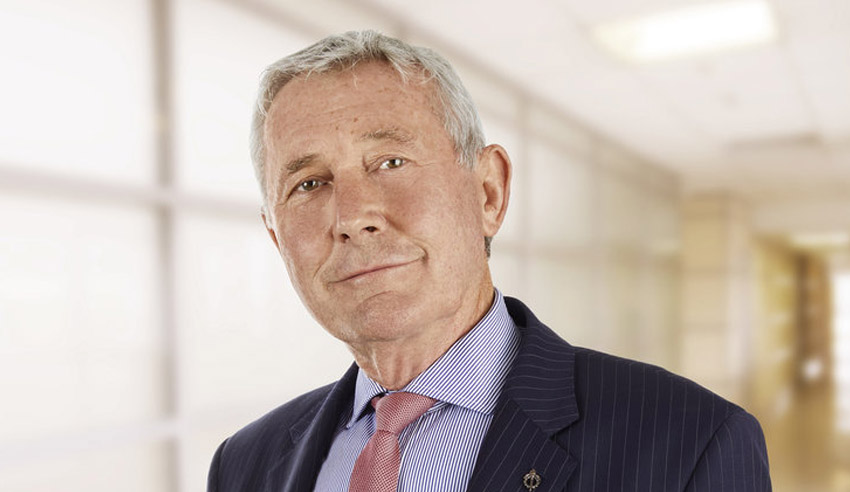Amid the increasing public outrage over Australia’s ongoing handling of the Bernard Collaery and Witness K case, the Australian Lawyers Association (ALA) has called for the prosecution against the pair to be finally dropped.

Source: collaerylawyers.com.au/ourteam
It comes as Prime Minister Scott Morrison touches down in Timor-Leste to start a “new chapter” with Australia’s close neighbour as he prepares to sign a maritime boundary treaty. At the same time, former East Timor president Jose Ramos-Horta said Australia should “get over it” and drop the charges against the two whistleblowers.
“There has been a chilling of freedom of speech in this country and it is very disturbing that these charges ever proceeded at all,” Mr Barns said. “The secrecy that surrounds the charges makes it impossible for Mr Collaery to defend himself properly and for the government to be held accountable [for its bugging allegations].”
The charges relate to Mr Collaery and Witness K allegedly disclosing the nature of the “illegal” bugging of the Timor-Leste cabinet room by Australian government officials in 2004 under the guise of refurbishing the prime minister’s office as part of AusAID.
At the time, the countries were holding sensitive negotiations pertaining to oil and gas. Timor-Leste had just emerged from a 24-year genocidal Indonesia operation and were in need of a fair deal from the oil and gas reserves that lay between it and Australia.
The bugging revealed Timor-Leste’s bottom line, its negotiating tactics and competing views of cabinet members, which Australia used to secure a 50-50 split.
Witness K has decided to plead guilty in the ACT Magistrates Court over the disclosure of this information, obtained in the course of his duties as a former spy. Mr Collaery is determined to fight the charges, having pleaded not guilty.
The ALA said prosecuting the pair “sends a message that those who seek to uncover illegality in government agencies will find themselves facing jail time”, and said in such cases, there was a need for transparency and accountability.
“The Collaery and Witness K case bears out the concerns we have often expressed on the federal National Security Information Act. Transparency and accountability must always underpin our national security policy,” Mr Barns said.
Due to the nature of the allegations, the Attorney-General had to give consent for the prosecution to proceed. This was delayed almost three years, which was questioned by key players in the recent ABC’s Four Corners program. After the two-year and three-month delay by former A-G George Brandis, Christian Porter gave his consent.
Four Corners understand Mr Brandis was having misgivings about approving the case and there were divisions among natural security agencies about the prosecution.
“I imagine the former attorney, Senator Brandis, didn’t find this a straightforward case to say yes to,” the former lawyer for Witness K, Bret Walker SC, said on Four Corners. “That’s a very long time for something to be sitting on an attorney’s desk. I imagine it was not for want of thinking about it, that that time elapsed.”
In a recent statement, Mr Porter said the decision to approve prosecuting the pair was based off an independent decision and “consideration was given to the totality of the CDPP’s advice and all the relevant information”.
When asked how a closed court or partially closed court will avoid compromising the principles of open justice or the implied right of political communication, Mr Porter said he has “confidence in the judicial process” to honour transparent proceedings.
“It is the duty of any government and, specifically the attorney-general, to ensure that information central to national security is not publicly disclosed,” Mr Porter said.
It should also note that it is not unusual that in certain matters for certain reasons of national security for a variety of reasons such as protecting the identity of children or the identify of public interest disclosures, that certain parts of some court proceedings will be conducted in a closed way.”
